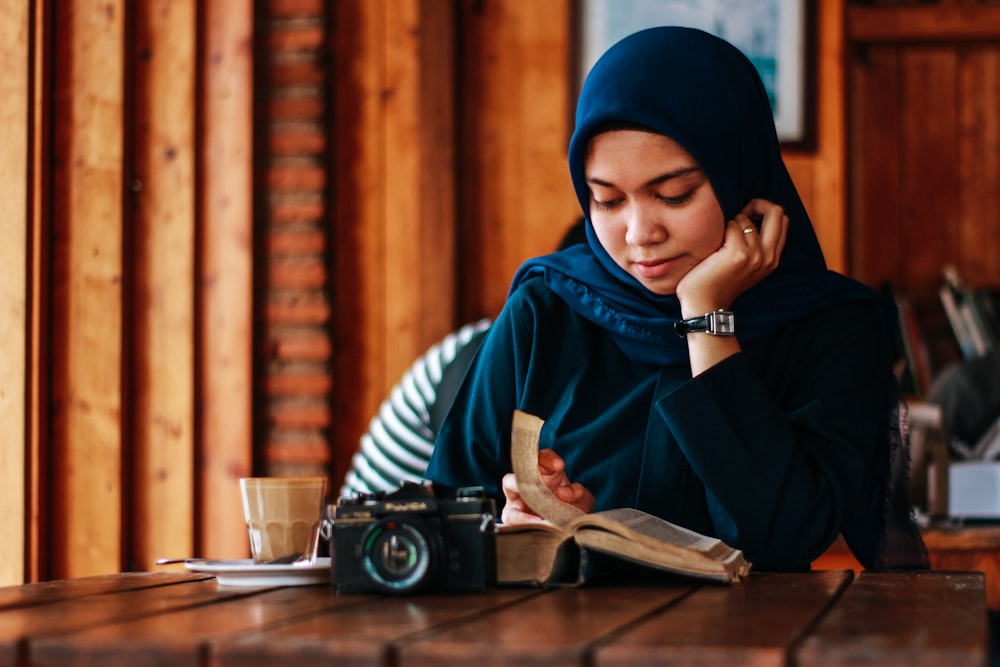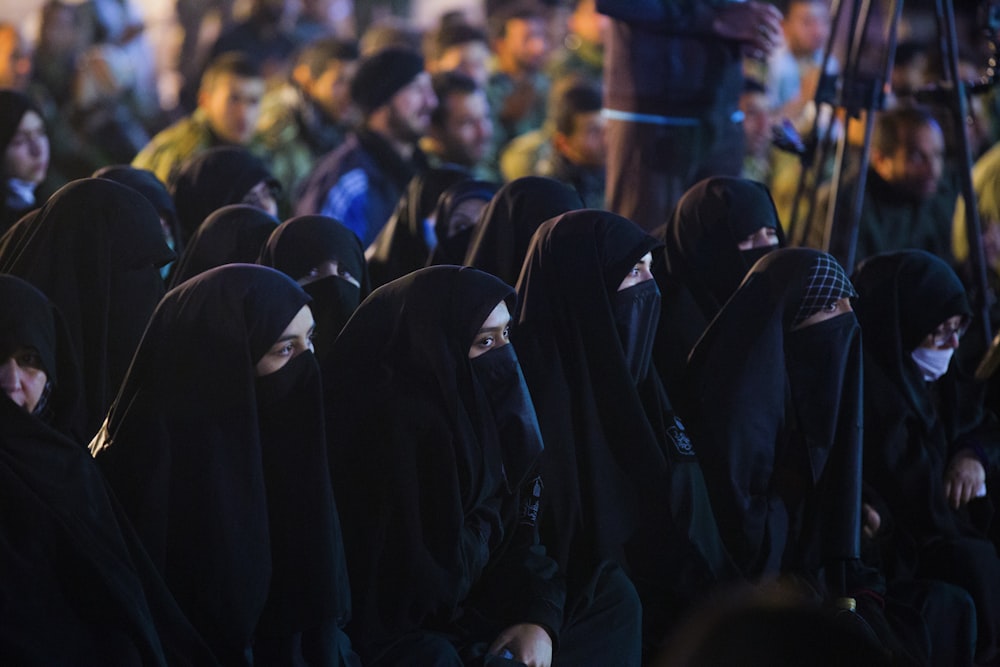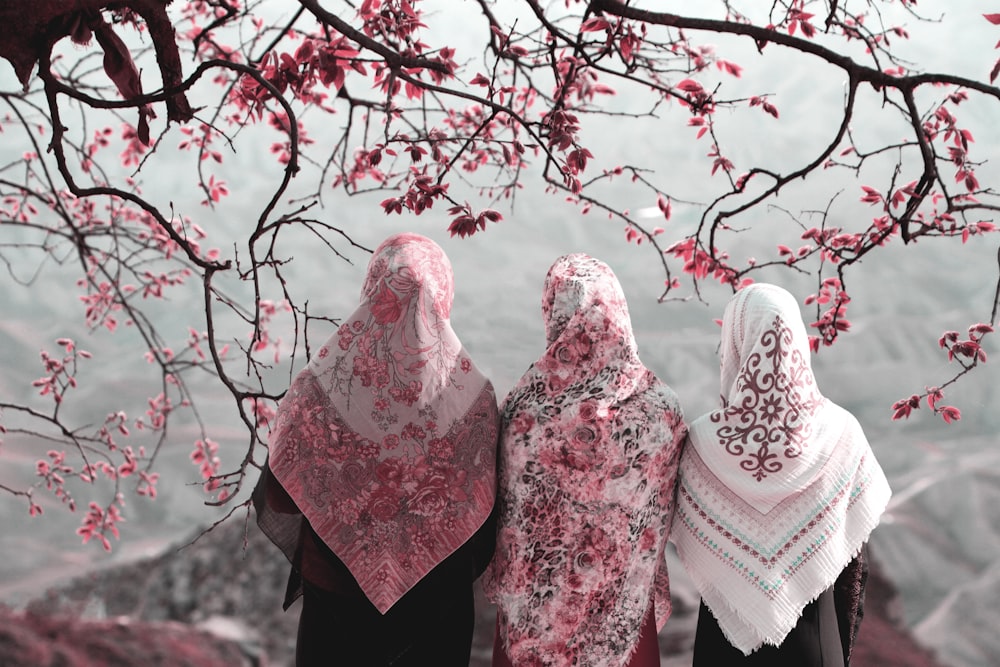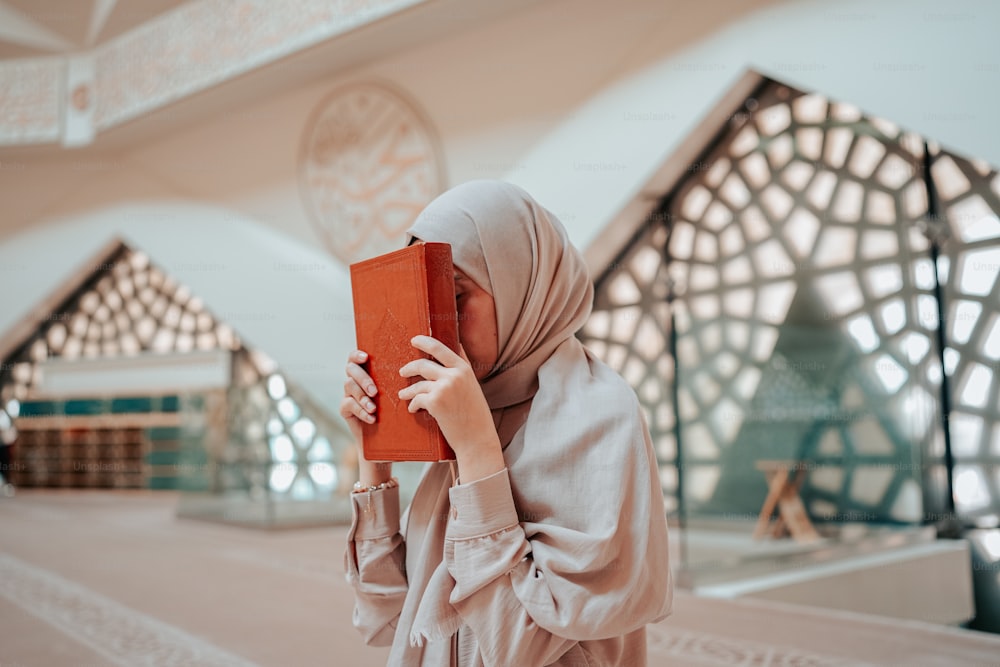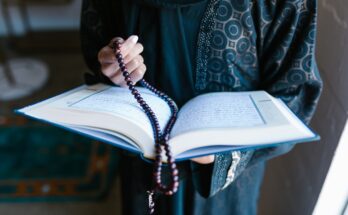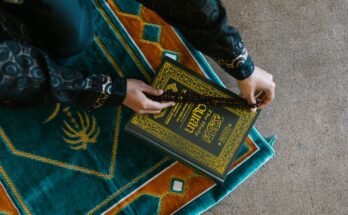Women in Islam: Knowing their Role and Status
“Oppression,” “inferiority,” and “unequal” are among terms that frequently spring to mind when discussing women in Islam. These terms are frequently used to mix up the Islamic faith with cultural customs and beliefs.
It is crucial to keep in mind that Islam sees women as equal to men and has given them the most progressive rights since the 7th century. The Quran really dedicates a whole chapter to women and makes constant mention of them.
Women and Islam
Image via Unsplash.com
The Prophet Muhammad (peace be upon him) instructed, back in the 7th century, that all Muslims, male and female, seek mandatory education. Muhammad’s wife Aisha was among the most prominent scholars. Both sexes would journey to her to benefit from her immense reservoir of wisdom.
It has become customary to urge women to actively participate in enhancing and leading various elements of their communities because of the long history of women’s participation in government, public affairs, education, and scholarship in Islam. In order to maintain balance, it is common practice to seek out the viewpoint and voice of women in various areas, as Allah acknowledges in the Quran the distinct distinctions between men and women.
Decoding the status of women
The Quran explicitly states that a woman’s primary job in life is motherhood, even if it also encourages women to work, pursue education, own land, and engage in other activities. The Quran urges others to respect this function, and it is one that is highly esteemed.
The practice of female infanticide, which was all too widespread before to the establishment of Islam, was abolished by the Quran. The book goes on to criticize parents’ judgmental attitudes when they learn their child is pregnant.
The teachings of Muhammad and the Quran obligate parents to provide their daughters with kindness, support, and safety throughout their lives. This involves supporting and facilitating her academic endeavors.
Though it is practiced by some Muslims and Christians in some parts of Africa, female circumcision is solely a cultural practice and is not required nor encouraged by Islam.
Islam established marriage as a union of peace and understanding; a woman is entitled to a divorce, to reject marriage proposals, and to be treated equally in all relationships. Additionally, after her husband files for divorce, she is permitted to retain her assets—something that was not customary in Arabia prior to Islam.
Representatives of Islam
Image via Unsplash.com
It is important to keep in mind that not every Muslim is an ambassador for Islam and that they are free to rely more on their own cultural and societal norms than the teachings of the Quran. By doing this, they may be disenfranchising women and also explicitly violating the explicit rules of Islam on how women should be treated.
Rights of women
Politics and Social Services: During the early Islamic era, women actively participated in the day-to-day operations of society. Islam grants women the freedom to freely voice their thoughts and believes that it is important to actively seek out their counsel. During wars, women not only provided medical attention to the injured but also occasionally fought alongside men.
inheritance: Prior to the arrival of Islam in the seventh century, women were denied the right to inherit and were viewed as men’s property. Islam gave women the freedom to inherit from their ancestors and to buy and sell property. She inherits a portion of the deceased relative’s belongings regardless of whether she is a wife, sister, or daughter. Their personal relationship and the number of heirs she has generated will determine her share.
Financial Responsibilities: In Islam, it is the job of men to earn and spend money on things like housing, food, and other essentials. Women are not required to do either of these things. A woman is free to earn and spend money anyway she pleases; she is not required to provide it to her family if she does not want to.
A woman who marries has the legal right to a dowry from her spouse. This is her property and cannot be shared or given to anyone else. She is entitled to retain everything she acquired throughout the marriage and everything she held before to the divorce. This guarantees her ability to maintain her standard of living following the separation.
Marriage and protection
Image via Unsplash.com
Marriage: In Islam, a woman has the freedom to accept or reject marriage proposals. Her consent is also needed to finalize the marriage contract. It is against Islamic law for women to be forced to marry against her will. If she is, it may be due to cultural obligations. If the woman is unhappy, she also has the option to file for divorce.
Dignity and Protection: Islam forbids any kind of psychological, emotional, or physical abuse. This principle does not apply to mistreating women. When taken into consideration in its whole, no teaching in Islam supports domestic abuse of any kind.
Modesty: Despite the misconception that Islamic women are oppressed because of their modest clothing. The intention is to release them from the unachievable beauty standards that permeate their environment. A modest look is thought to draw attention to a person’s personality and mentality more than outward appearance. It leads to a greater appreciation of the person behind the appearance.
Know some revered Muslim Women
Image via Unsplash.com
Aisha bint Abu Bakr
Following the passing of Khadijah, Muhammad had several wives, among them Aisha bint Abu Bakr. Aisha was a learned woman who imparted knowledge by telling tales about her husband’s personal life. And discussing topics like inheritance, pilgrimage, and other related topics. Her extraordinary knowledge, which included everything from poetry to medicine, was well known. It is reported that before to her demise in 678 AD, she founded and instructed at numerous institutions.
Fatimah
The only child of Muhammad and Khadijah to live to adulthood was Fatimah. At an early age, she converted to Islam. And her father and her faith were compared to Mary, the mother of Jesus (peace be upon him). Fatimah is revered and loved by Muslims, but the Shiites place the greatest value on her. Ali, her spouse, is regarded by Shi’a Muslims as the legitimate heir to the first Imam (spiritual guide).
USEFUL LINKS:
Click here to know more
See the role of United Nations in the world politics


